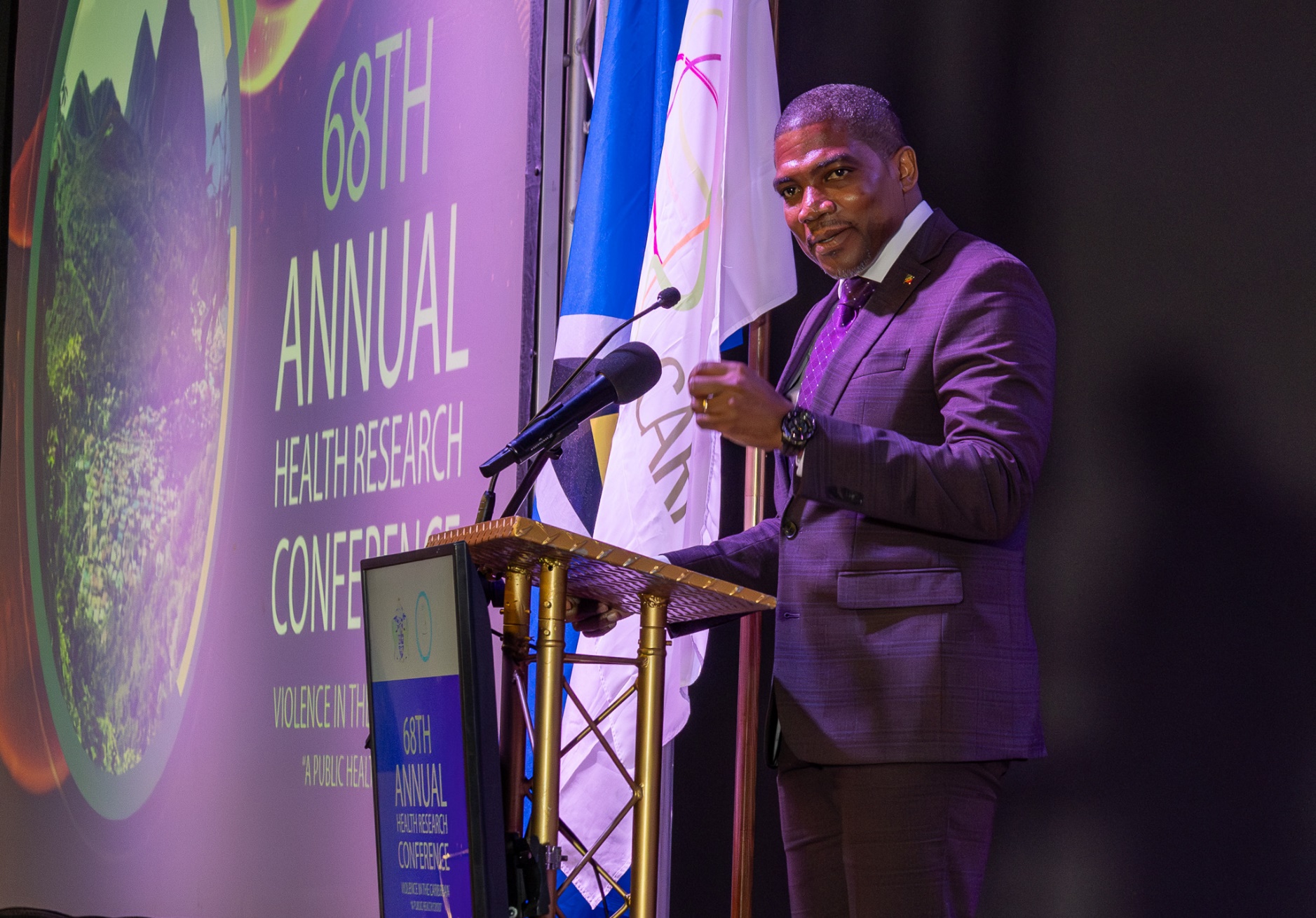This news article is a production distributed through Caribbean News Service. It is made freely available to your media and we encourage publishing and redistribution, giving credit to Caribbean News Service (CNS).
MENLO PARK, Calif., Oct 25 2015 – One in three women in the United States experiences intimate partner violence. For women living with HIV, it is one in two. Having an abusive partner is associated with a higher risk for HIV and, for those living with HIV, worse health outcomes.
Coinciding with National Domestic Violence Awareness Month, Greater Than AIDS today launched Empowered: Women, HIV and Intimate Partner Violence to bring more attention to the issues and provide resources for women who may be at risk of, or dealing with, abuse and HIV.
The campaign is produced in partnership with the National Domestic Violence Hotline, loveisrespect, Planned Parenthood Federation of America, Positive Women’s Network-USA and The Well Project, with additional support from The Elizabeth Taylor AIDS Foundation.
Anchored by a 20-minute video featuring Tonya Lewis Lee – lawyer, author, producer and longtime advocate for women’s health issues – the campaign takes an up-close look at the issue from the perspective of five women living with HIV who have had experience with, and received services related to, intimate partner violence.
During the intimate conversation, Ms. Lee and the women discuss topics such as recognizing the signs of abuse, getting out and getting help, finding love again and moving forward. “What I took from my conversation with these five women is that this is an issue that can and does affect many women, and with care and support it is possible to move forward,” added Ms. Lee. “I was deeply inspired by them and I know others will be too.”
“While the women featured in the campaign have been public advocates in the HIV community, this is the first time many of them are talking so openly and publicly about the abuse they’ve experienced,” noted Tina Hoff, Senior Vice President and Director, Health Communication and Media Partnerships at the Kaiser Family Foundation, which directs Greater Than AIDS. “In speaking out, they are helping to confront the silent shame that keeps many women from getting help.”
“Our goal is for women to know that they are not alone and that there is help available,” said Cameka Crawford, Chief Communications Officer at the National Domestic Violence Hotline and loveisrespect. “Everyone deserves to be treated with dignity and respect.”
According to U.S. Centers for Disease Control and Prevention (CDC), women experiencing intimate partner violence – including physical violence, emotional abuse and/or controlling behavior – have an increased risk of HIV infection through forced sex with an infected partner, limited or compromised power to negotiate safer sex practices, and increased sexual risk-taking behavior.
For women living with HIV, lifetime abuse and the depression and trauma that often accompanies it can make it difficult to keep up with HIV medications and stay connected to care, which can significantly compromise their health. For some, sharing their HIV status can increase abuse or bring on violence.
More than 375 community-based organizations across the nation – including Minority Health Consortium in Richmond, Virginia; Allen Temple Baptist Church in Oakland, California; My Brother’s Keeper, Inc. in Jackson, Mississippi; and SisterLove, Inc. in Atlanta, Georgia, as well as Planned Parenthood health centers – are supporting the effort by organizing events to watch and discuss the video. The Positive Women’s Network-USA is utilizing the campaign to mobilize around its annual Day of Action to End Violence Against Women Living with HIV (October 23). A digital media campaign will extend the reach of the women’s stories.
“Trauma-informed care is a critical aspect of healing for women living with HIV,” said Naina Khanna, Executive Director, Positive Women’s Network-USA. “This campaign also helps to educate the organizations and clinicians that serve women living with and at risk for HIV to better understand that connection.”
“As the nation’s leading women’s health care provider, educator, and advocate, Planned Parenthood is delighted to be a partner in this joint effort to address the connection between HIV and relationship violence,” said Leslie Kantor, PhD, MPH, Vice President of Education for Planned Parenthood Federation of America. “We’re committed to helping remove the stigma and shame that so many women in abusive relationships experience and to getting them the resources they need.” In 2014, Planned Parenthood screened more than 1.6 million women for intimate partner violence and provided HIV testing to more than 650,000 people.“Women are more likely to feel hope and engage in care when they know they are not alone in dealing with these issues and when they see others who have found a way out,” said Krista Martel, Executive Director, The Well Project, which supports women living with HIV.




